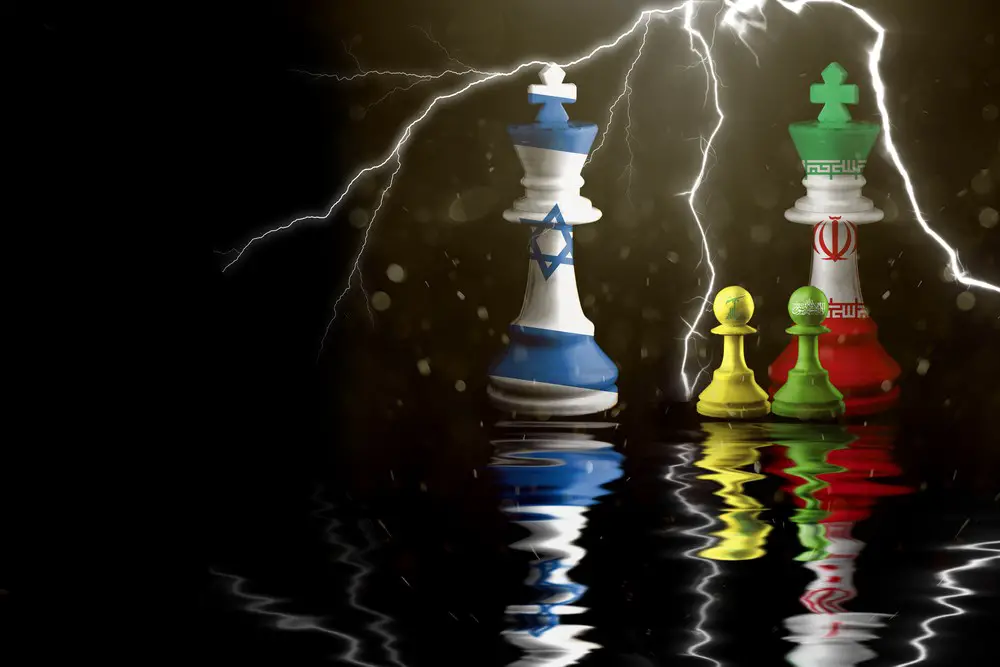As a BetterHelp affiliate, we receive compensation from BetterHelp if you purchase products or services through the links provided
As the ongoing conflict between Israel and Hamas continues to escalate, many people, both in Israel and abroad, are experiencing high anxiety levels. Thousands of Israeli reservists have been called up, amplifying the strain on daily life within the country. Furthermore, the human toll on both sides of the conflict is devastating, with countless civilians killed, injured, or taken hostage.
In such trying times, coping with anxiety becomes an essential aspect of everyday life for many individuals. Understanding the psychological impact of the conflict, particularly on children and adults who are most vulnerable, is crucial in addressing and supporting their mental health. Learning how to manage anxiety during conflict and knowing the available support sources can significantly help navigate these challenging circumstances.
Key Takeaways
- The conflict between Israel and Hamas is causing anxiety and stress, especially on vulnerable populations.
- Coping with anxiety and maintaining mental health is essential during times of conflict.
- Many resources are available to support mental health and help individuals better manage anxiety during ongoing conflicts.
The Current Conflict Between Israel and Hamas
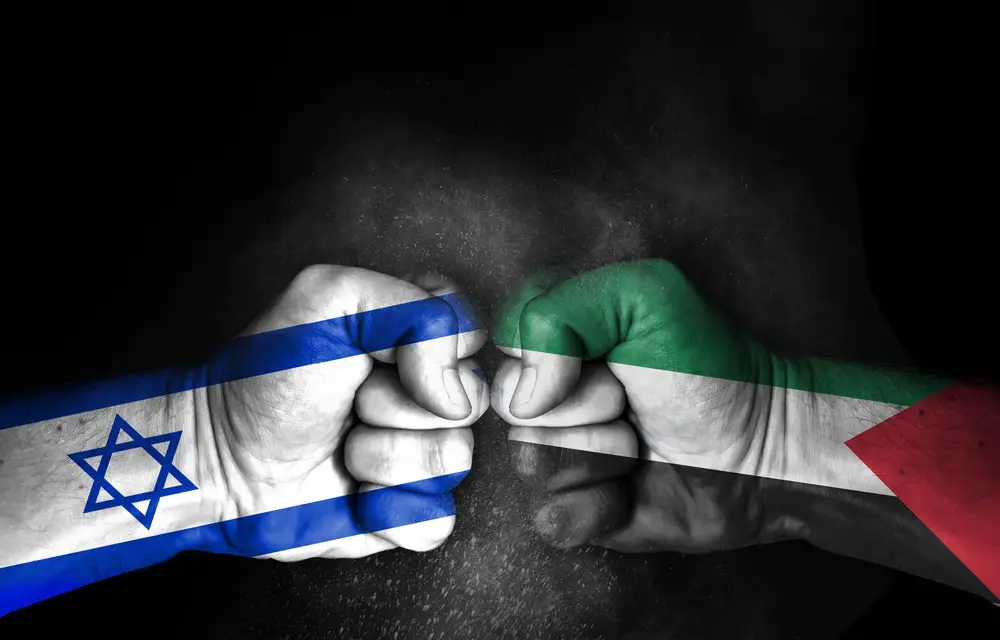
You might be wondering about the current conflict between Israel and Hamas. This tension between the two sides has been ongoing for decades but escalated over the weekend. Staying informed and connected with your friends and family in Israel is essential with the fighting intensifying.
- Two key players at the heart of the conflict are Israeli Prime Minister Benjamin Netanyahu and the Palestinian Extremist Islamist group Hamas.
- Hostilities started with a surprise attack by Hamas, with militants entering Israeli territory in the early hours.
- Israel Defense Forces (IDF) have been combating these border incursions, resulting in an exchange of airstrikes and rocket fire from both sides. Hamas has claimed to have fired thousands of rockets towards Israel.
You’re probably concerned about the situation if you live in Israel or have loved ones there. Here’s what else you need to know:
- War zones affect areas near the Gaza Strip, with sirens frequently blaring as a warning for incoming attacks.
- All schools in Israel have shut down in response to the increasing danger, and daily life has become disrupted.
- Tens of thousands of Israeli reservists have been called up to assist in the conflict, which indicates the severity of the situation.
Lastly, staying informed and communicating with your friends and family in Israel during these challenging times is crucial. Keep your spirits up, and remember that you’re not alone in your concern for the well-being of all those caught in this conflict.
The Human Toll of the Conflict: Civilians Killed, Injured, and Taken Hostage
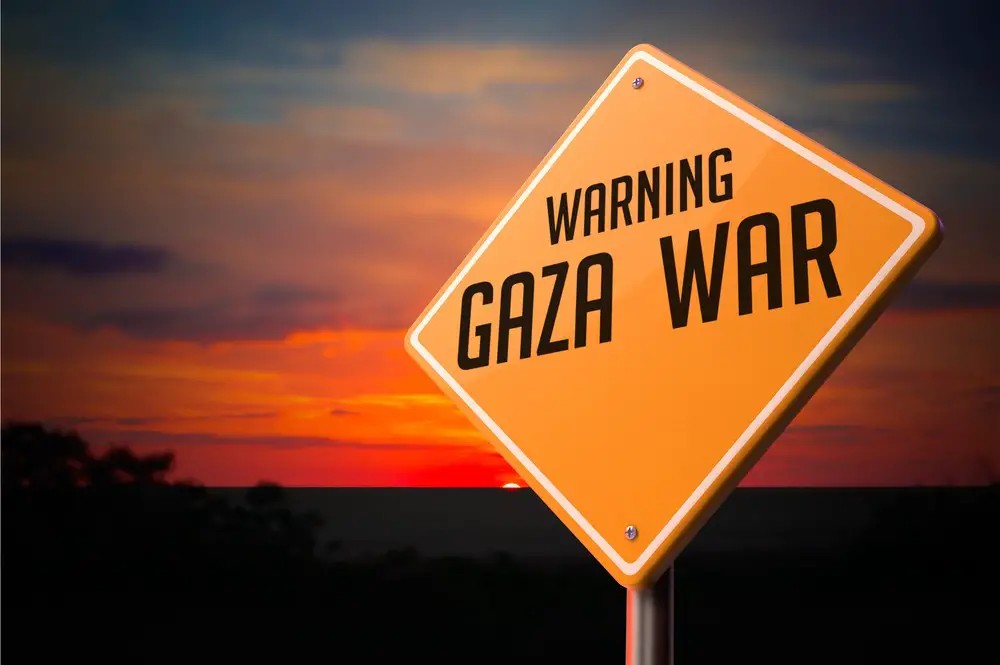
The conflict between Israel and Hamas has caused immense suffering for civilians. Innocent lives have been lost, people have been seriously injured, and terrorists have taken some hostage.
Especially if you have friends and family facing these tragedies, it’s crucial to understand the human toll this ongoing conflict has taken. While the IDF works to protect Israeli citizens from the frequent threat of terrorism, it’s clear that the situation also affects the people in Gaza.
Hundreds of civilians, including children, have been killed and wounded in the crossfire. Witnessing the ongoing devastation in Gaza is heartbreaking, where the Palestinian Ministry of Health reports at least 232 people killed and nearly 1,700 injured.
The situation is no less dire on the Israeli side, with people constantly fearing rocket attacks from Hamas and other terrorist organizations.
In addition to the tragic loss of life and injuries, hostage-taking remains a critical concern. Both Israeli civilians and soldiers have been abducted by Palestinian armed groups and taken hostage, often being used as bargaining chips in negotiations. This despicable act is prohibited by international law and constitutes a war crime.
Here are some key takeaways from the impacts of this ongoing conflict:
- Hundreds of civilians, including children, have been killed and injured on both sides.
- Hostage-taking remains a significant concern and is considered a war crime.
- Families throughout Israel and Gaza are struggling to cope with fear and uncertainty.
As you continue to navigate this challenging conflict, it’s essential to stay informed, support those affected, and never forget the human cost behind every news headline. By doing so, you can better understand the reality faced by millions of people living through the harrowing reality of war.
The Psychological Impact of Conflict on Children and Adults
Exposure to war and conflict can profoundly affect adults and children, contributing to various emotional and mental health challenges. These are anxiety, stress, depression, fear, panic, and catastrophic thinking. Physical symptoms may also arise due to the emotional turmoil experienced during conflict.
For children, the effects of conflict can manifest through nightmares, bedwetting, or clinginess as they struggle to make sense of the uncertainty and danger surrounding them. It’s essential to be aware of these signs and offer support and love to help them cope.
On the other hand, adults may grapple with insomnia, irritability, or difficulty concentrating and may even experience panic attacks due to heightened tension. Make sure you take time for self-care and reach out to friends or family for support.
Here are some common emotional and mental health issues that can emerge as a result of war anxiety:
- Anxiety and panic: Constant worrying, catastrophic thinking, and increased irritability
- Depression: Prolonged sadness, loss of interest in activities, difficulty sleeping, and change in appetite
- Trauma and PTSD: Intrusive memories of traumatic events, avoidance of situations that remind you of the trauma, and fight-or-flight responses
- Emotional well-being: Feelings of hopelessness or despair and difficulty in managing daily tasks and responsibilities
Considering the long-term implications of war anxiety on children and adults is crucial. Sustained exposure to stress can lead to many negative outcomes, such as poor emotional health, decreased well-being, and even accelerated aging.
Key Takeaway: The psychological impact of conflict on children and adults is significant, affecting emotional and mental health in various ways. Look for warning signs for yourself and your loved ones, and seek professional help if necessary.
Coping with Anxiety During Times of Conflict

In times of conflict, it’s natural to feel anxious and uncertain. Here are a few friendly suggestions and tips to help you cope with anxiety during these challenging times.
Limit Your Exposure to News and Social Media
It’s important to be informed, but excessive exposure to news and social media can amplify your anxiety. Try limiting your daily news consumption to 30 minutes or less, and avoid checking the news before bedtime. This can give you more time for self-care and relaxation.
Connect with a Support Network
Contact friends, family, or mental health professionals for emotional support. Sharing your concerns and feelings with others can reduce your helplessness and reassure you that you’re not alone. Finding a therapist or counselor to speak with regularly might also help.
Exercise and Engage in Self-Care
Taking care of your body can positively impact your mental well-being. Regular exercise, a balanced diet, and sufficient sleep can help you feel more resilient. Remember to avoid excessive alcohol or smoking, as they can exacerbate anxiety.
Develop a Sense of Control
Feeling a lack of control can fuel anxiety during times of conflict. Look for small ways to regain control and reduce anxiety, such as:
- Keeping a routine
- Setting boundaries around news consumption and conversations
- Focusing on personal projects or hobbies
Practice Mindfulness and Compassion
Mindfulness techniques, such as deep breathing exercises and meditation, can help you stay present and grounded. Practicing gratitude and cultivating compassion for yourself and others can also foster a sense of connection, reducing feelings of isolation.
Be aware of your anxiety triggers and develop coping strategies to manage them. This may include changing your environment, engaging in positive self-talk, or seeking support from a mental health professional.
Remember that coping with war anxiety is a personal journey; you must be patient as you work through your emotions. By practicing self-care, connecting with others, managing your media consumption, and seeking professional support, you can navigate these challenging times more resiliently and easily.
The Impact of Reservist Call-Ups on Daily Life
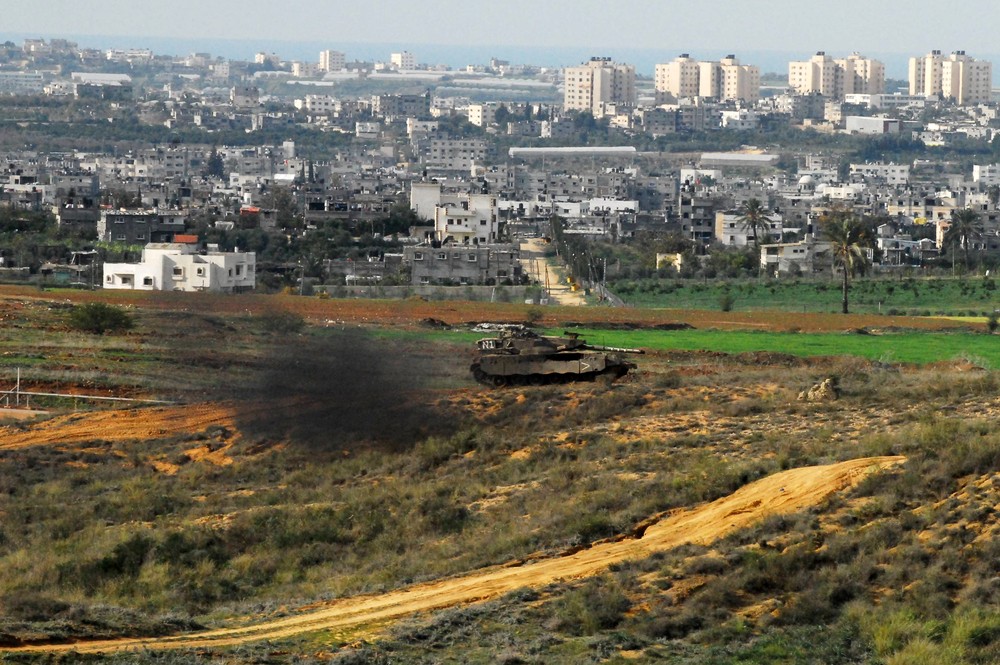
The call-up of tens of thousands of reservists in the IDF significantly impacts daily life in Israel. When a reservist is called up for duty in a war zone, it affects their lives, friends, families, and communities.
For instance, when teachers and administrators are called up for duty, schools can find it challenging to operate smoothly. Once schools open, you will likely notice a disruption in your children’s education due to the absence of key staff members. This can, in turn, make it difficult for families to find reliable childcare options, as the demand for such services may skyrocket during these periods.
Moreover, the stress and anxiety accompanying having a family member or friend on duty in a dangerous situation can affect your mental health. Being proactive in managing your stress and anxiety during these trying times is crucial. Here are a few strategies that may help:
- Limit exposure to news surrounding the war to avoid getting overwhelmed by negative information.
- Engage in deep breathing exercises or use mantras to help calm your mind and body.
- Connect with others in similar situations for support and understanding.
- Keep yourself occupied with activities that distract you from worrying, such as hobbies or exercise.
Finally, it’s essential to remember that disruptions in daily life due to reservist call-ups are temporary, and life will eventually return to normal. It’s important to stay flexible, supportive, and patient. Remember, you’re not alone; your community is enduring this difficult period together.
Supporting Mental Health During and After the Conflict

Hey there! Prioritizing your mental health is essential, especially when dealing with war and conflict. Living in Israel, it’s crucial to have a plan to help you navigate the challenges of anxiety and distress. Here are some key strategies and approaches to consider:
- Reach out for support: Talk to friends, family members, or a mental health professional about your feelings and emotions. Don’t hesitate to share your experiences; this can be an invaluable source of comfort and understanding.
- Practice self-care: Regularly exercise, maintain a balanced diet, and make time for relaxation and hobbies. Coping with stress can be much easier when caring for your physical and emotional well-being.
- Limit media exposure: Staying informed is essential, but constantly consuming distressing news can increase anxiety. Be mindful of your media consumption, setting aside specific times to check updates and avoiding excessive exposure.
- Connect with the community: Being part of a supportive community can help foster resilience. Local organizations and initiatives can provide resources and connections to help you cope during and after the conflict.
Some practical tips to consider:
- Create a daily routine, including set times for work, leisure, and personal care
- Consider relaxation techniques, such as deep breathing exercises, meditation, or yoga
- Contact family and friends in Israel and abroad to maintain strong connections.
Key takeaway: Prioritizing mental health during and after conflict is essential. You can navigate these challenges with greater ease and resilience by seeking support, practicing self-care, and connecting with your community. Remember, you’re not alone in this journey; reaching out for help is always okay.
Schools Closed, Hostages Taken: The Human Toll of the Conflict
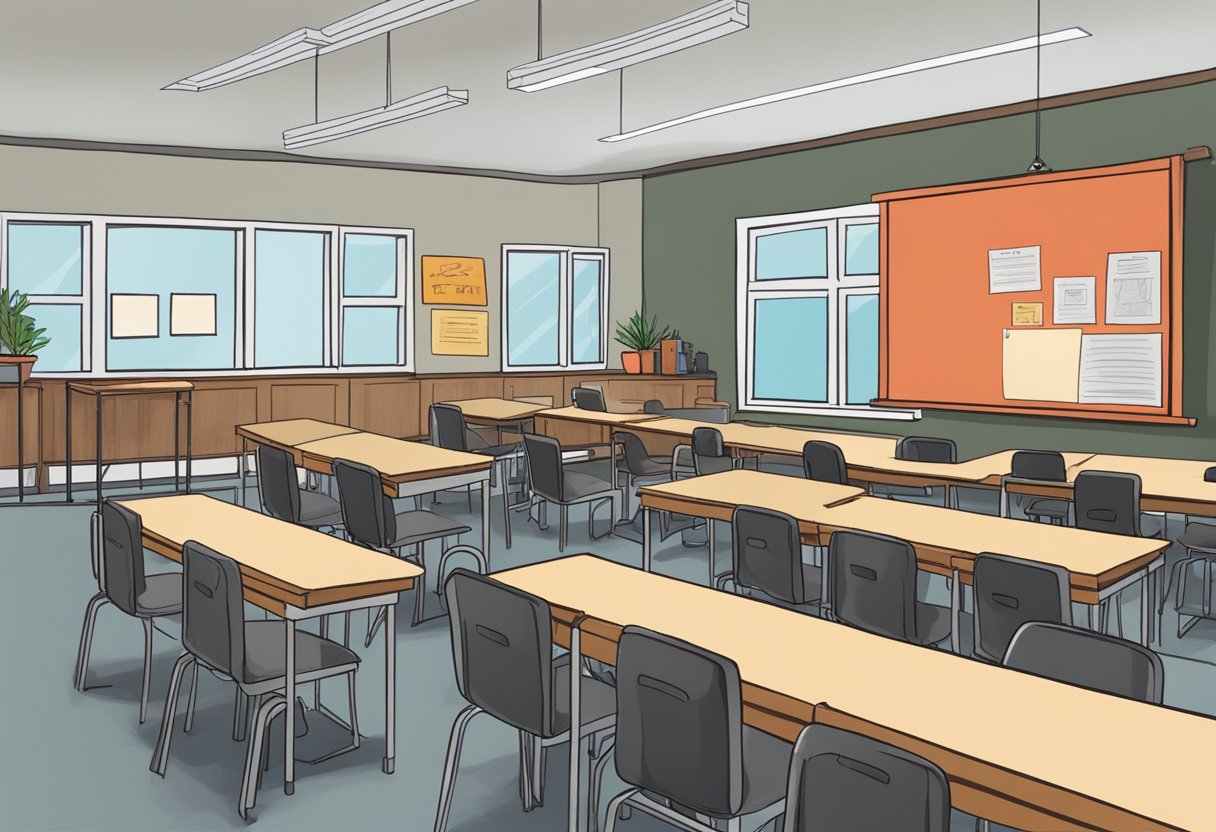
You might be aware of the ongoing conflicts worldwide, and they undoubtedly take a toll on everyone involved, including the loved ones of those affected by the conflict. With your friends and family living in Israel, it’s essential to understand the impact of war, especially on children’s well-being and access to education.
One significant consequence is the closure of schools in times of war. Consider the recent conflict in Eastern Congo, where thousands of schools have been forced to close, leaving countless children without education for extended periods. Losing a safe learning environment negatively affects their academic growth and mental well-being.
In some instances, schools even become targets of terrorism. A harrowing example is the 2004 Beslan school hostage crisis in Russia. Terrorists took more than 1,100 children and staff hostage in a school, ultimately leading to tragic casualties and long-lasting psychological effects for the hostages and their families.
As parents, it’s essential to be mindful of the safety of your children during such situations. Discussing the importance of being cautious and vigilant can help protect them from uncertain circumstances. Stay informed about the latest developments in your area, and consider establishing a plan of action for your family in case of emergencies. Remember to reassure your children that you will do everything possible to guarantee their safety and prioritize their education as much as possible.
- Keep open communication with your children.
- Establish an emergency plan of action
- Monitor the situation in your area
- Reiterate your commitment to their safety and education
Finally, support and compassion go a long way in easing anxiety during conflict. Reach out to friends and family in Israel and remind them they have your unwavering support. It’s crucial to remember that unity and empathy can help you and your loved ones navigate through difficult times.
Key takeaway: The closure of schools and hostage situations have severe implications for children and their families during conflict. You can better protect your loved ones by staying informed, vigilant, and prepared.

Under Siege: The Mental Landscape
The ongoing conflict between Israel and Hamas paints a dire picture, where the turmoil outside resonates with the chaos brewing within individuals. The collective anxiety among civilians is a silent war fought on the psychological frontlines. As you navigate the rubble of uncertainty, recognizing the impact on mental health is the first step toward healing.
Spotting the Silent Scream: Signs Therapy is Needed
- Sleepless in Siege: Persistent insomnia or nightmares reflecting the ongoing conflict could be red flags.
- Emotional Echoes: Experiencing heightened emotions such as fear, sadness, or anger that affect daily functioning.
- Replay of Ruins: Intrusive memories or flashbacks of violent events indicate a need for professional support.
- Behavioral Battlegrounds: Noticeable changes in behavior, especially in children, like increased agitation or withdrawal.
Drafting Mental Blueprints: Setting Goals for Therapy
- Peace of Mind: Aspiring for emotional stability amidst chaos is a worthy goal.
- Resilience amid Ruins: Building resilience to cope with ongoing stressors effectively.
- Healing from History: Processing traumatic events to pave a path towards healing.
- Building Bridges: Enhancing communication within families and communities for more robust support systems.
The Healing Horizon: Measuring Progress in Therapy
- Gauging Grit: Tracking your ability to cope with stressors over time.
- Narrating Neutrality: Being able to discuss traumatic events without overwhelming emotional reactivity.
- Sleeping in Silence: Achieving peaceful, uninterrupted sleep as a marker of reduced anxiety.
- Rekindling Relationships: Restoring and maintaining healthy relationships as a testament to improved mental well-being.
The journey through therapy is akin to navigating through a labyrinth, each session bringing you closer to the core of calmness amidst a storm of strife. It’s about reclaiming control over the internal battlegrounds, even when the external world is in disarray. Your mental health is a realm worth defending; with the right support, you can emerge resilient from the ruins of conflict.
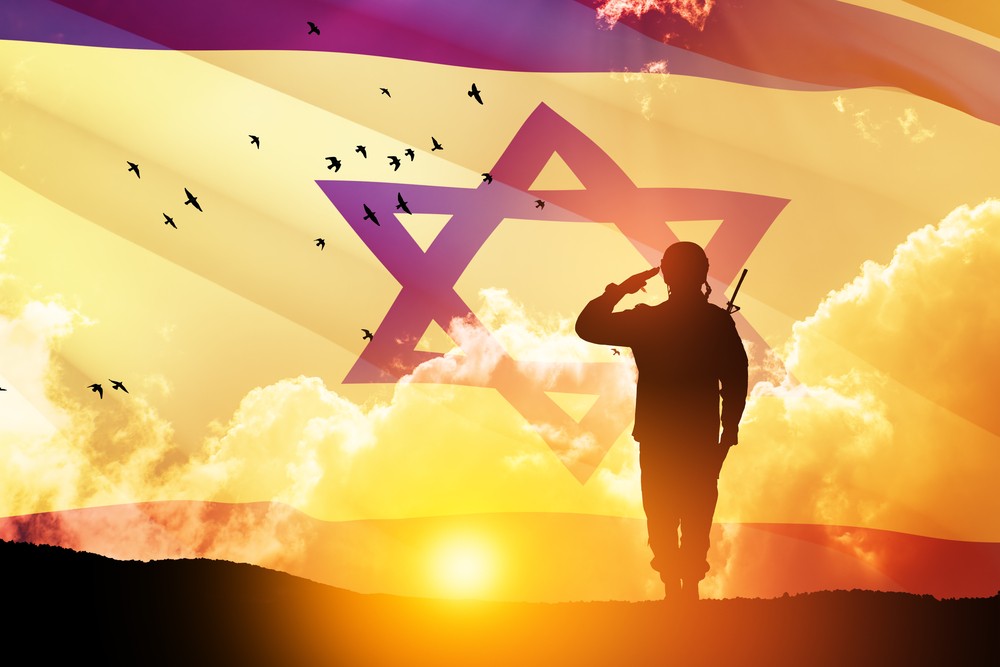
Marching into Uncertainty: Reservists at the Forefront
The call to arms for Israeli reservists echoes across the war zone and reverberates through their families’ hearts. As they march towards the tumultuous terrains of Gaza, the void they leave behind is filled with anxiety, fear, and the relentless tick of the unknown.
Behind the Battle Lines: Coping Strategies for Reservists
- Mindful Mobilization: Encouraging reservists to engage in mindfulness practices to ease the transition from civilian to military life.
- Unveiling Uncertainties: Pre-deployment discussions to align expectations and address fears with loved ones.
- Staying Connected: Ensuring regular communication with family to foster emotional support.
Love Amidst the Lockdown: Navigating Relationships
- Stronghold of Support: Establishing a robust support system among fellow military spouses for shared experiences and advice.
- Letters of Love: Keeping the bond strong through letters, messages, or small gifts to remind each other of the love that prevails amidst the chaos.
- Fostering Flexibility: Embracing change and cultivating patience as schedules and plans may shift rapidly.
Anchors at Home: Supporting the Silent Soldiers – Spouses and Parents
- Routine Resilience: Maintaining a semblance of routine at home to provide a sense of stability.
- Therapeutic Talks: Engaging in therapy or support groups to process emotions and fears.
- Educational Escapes: Educating oneself about the conflict to alleviate the fear of the unknown and knowing when to take breaks from the news to avoid anxiety overload.
Children in the Crossfire: Shielding the Young Minds
- Transparent Talks: Having age-appropriate discussions with children about the situation to mitigate fear and confusion.
- Creating Safe Havens: Ensuring a secure and loving environment at home to provide a refuge from external chaos.
- Engaging in Education: Utilizing resources to educate children on coping mechanisms, promoting a sense of control and understanding.
The waves of war ripple through the lives of reservists and their families, each bearing the brunt of a reality they didn’t choose. Yet, within this crucible of conflict, the bonds of love, understanding, and support forge a resilience that not only withstands the storms but emerges stronger from them. The journey through these trying times can lead to a harbor of hope and healing through understanding and addressing the emotional and psychological challenges and harnessing the available resources.
Conclusion
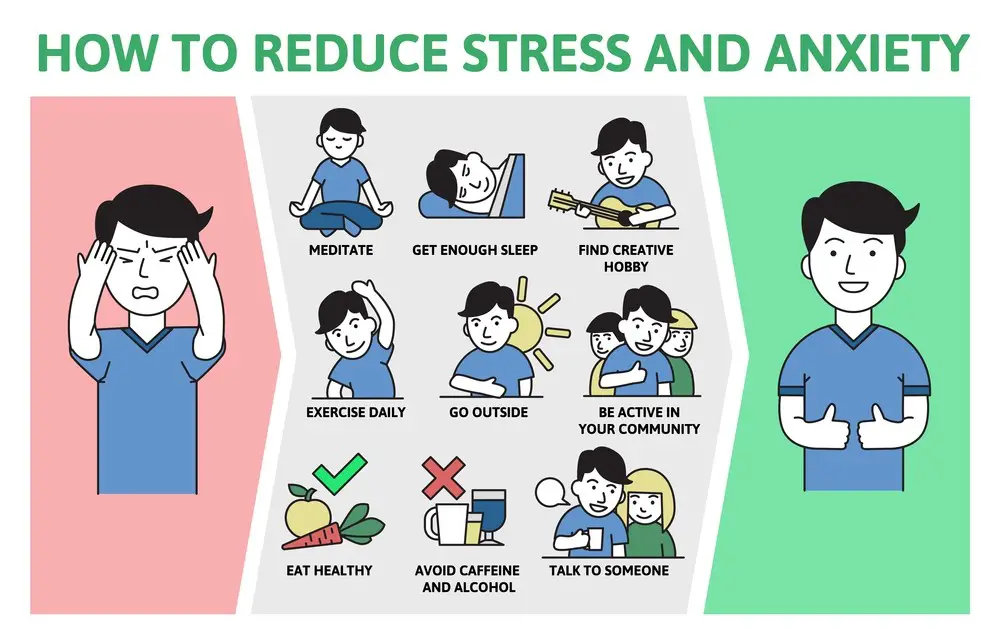
It’s clear that war-related anxiety, such as the ongoing conflict between Israel and Hamas, can take a hefty toll on mental health. This can manifest as symptoms, including changes in nervous system responses and the need for medication to help manage the condition. Several strategies exist for you and your loved ones living in Israel or affected by the situation to help manage this anxiety and cope with its challenges.
Firstly, pay attention to the type of news you consume. Excessive exposure to negative news can increase feelings of anxiety. Prioritize reliable sources of information and do your best to limit your exposure to fake news and misinformation. Also, consider managing your media consumption habits, setting aside specific times for checking the news, and taking breaks when feeling overwhelmed.
Keep in touch with nature, as spending time outdoors and engaging with the natural environment has proven benefits for mental health. Walking, gardening, or sitting outside can help calm the mind and reduce stress.
Stay connected with friends and family. Sharing your feelings and discussing the situation can offer emotional support and create a sense of belonging. Remember that a mental health professional is always available if you or someone you know needs help coping with the effects of war-related anxiety.
Get involved in local community efforts. Volunteering for a cause that matters to you can provide a sense of purpose and help you feel more in control during uncertain times. Supporting local initiatives related to the conflict provides an opportunity to contribute positively.
In short, taking care of your mental health in times of conflict and anxiety is crucial. Remember to stay connected, engage with nature, manage your media consumption, seek help from professionals when needed, and focus on positive actions in your community. These strategies can help you and your loved ones better navigate the challenges of living in a conflict zone.
Frequently Asked Questions
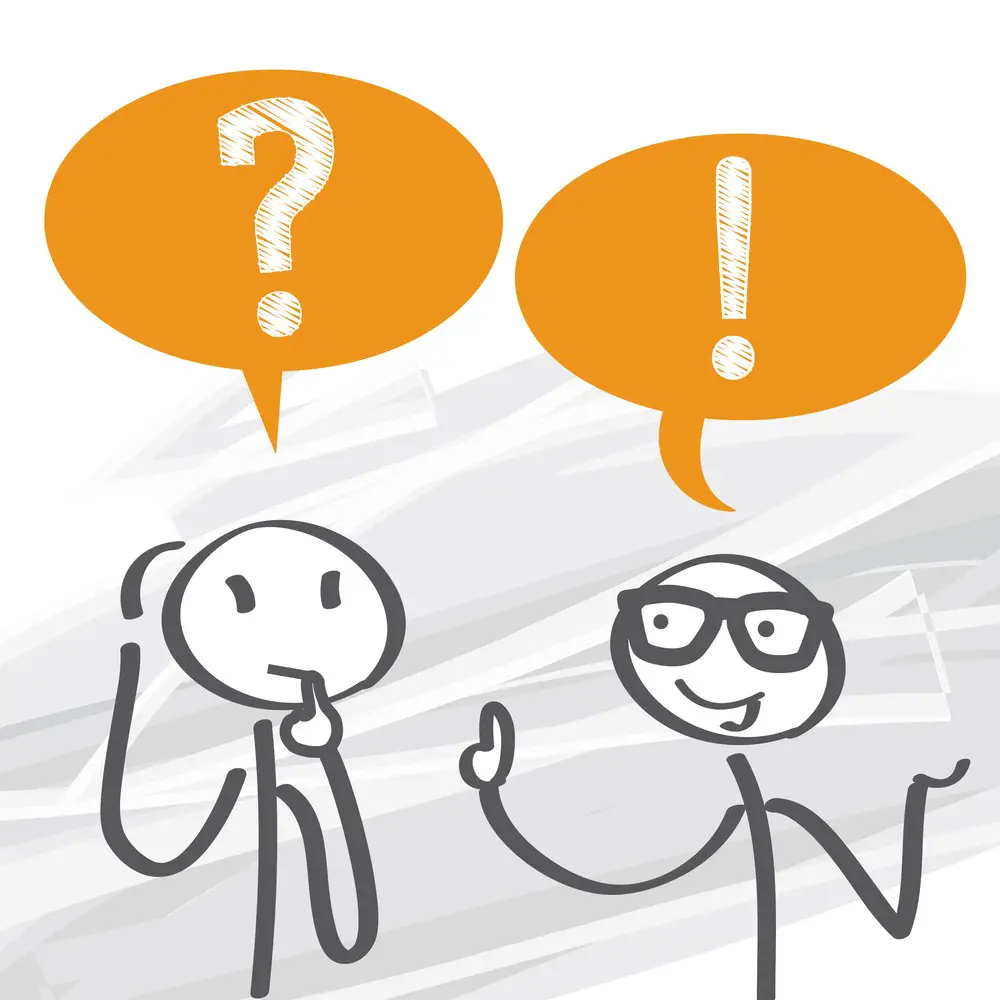
How can I cope with war anxiety?
Acknowledging your feelings and understanding that you’re not alone is essential. You can manage your anxiety by creating healthy boundaries with media consumption and limiting exposure to distressing information or images. Remember to practice relaxation techniques like deep breathing, and make time for pleasant memories and activities that comfort you.
Is it normal to feel this way during a conflict?
Absolutely. Experiencing anxiety and stress in response to war is a normal human reaction. Recognizing these feelings and seeking healthy coping strategies to maintain your well-being is essential.
How can I support my friends and family who are experiencing war anxiety?
A: Be there for them by lending a compassionate ear, providing reassurance, and offering encouragement to practice self-care. You can also help them set boundaries for media consumption, suggest relaxation techniques, and maintain connections to their support networks.
Where can I find reliable sources of information about the conflict to avoid misinformation and panic?
Stick to trusted news platforms and official government sources for accurate updates on the situation. Limit your exposure to speculative or sensationalist content that can heighten anxiety.
How can I maintain a balanced view of the situation?
A: It’s essential to balance staying informed and avoiding information overload. Set specific time windows for gathering updates and focus on uplifting activities or connecting with supportive people outside those periods.
If I’m experiencing persistent anxiety and stress due to the conflict, when should I seek professional help?
If your anxiety is interfering with your daily life, affecting your sleep, appetite, and ability to concentrate, it might be time to consider seeking help from a mental health professional. They can offer tailored support and coping strategies to help you navigate this challenging time.
Remember: It’s normal to experience anxiety and stress during conflict, and reaching out for help is a sign of strength. By managing media consumption, practicing self-care, and staying connected, you can maintain your well-being amidst the uncertainty.
About Jacob Maslow
After surviving the traumatizing events of 9/11, I took it upon myself to heal through helping others. I’m the primary caregiver of my children and understand from first-hand experience the lonely paths you have to walk as a partner and parent when leaving an unhealthy relationship.
We’re all echoing in a dark space that doesn’t have to be this empty, and that’s been my mission since finding solace and recovery in therapy: To help comfort others who are still in shock and at the prime of their struggle.
I came across BetterHelp after searching for this type of community. I wanted to belong to a body of proactive therapists and supportive therapy veterans that allowed me to see other sides of the story.
It was unconventional, and that’s what attracted me most. During my most challenging times, when my ex-wife completely cut me off from my children, I found comfort and clarity through BetterHelp.
Instead of being chained to a strict therapist recommendation, I was in charge of who I felt understood my struggle most. That allowed me to find my true peace, as I was reunited with those who read behind my words and had first-hand experience with my trauma.
Recovery is a choice; with BetterHelp, that choice will be a few clicks away. You can join their couples-oriented platform, Regain.us, for those stuck with family estrangement and toxic relationship patterns.
- 7 Ideas to Help You Relax and Unwind on a Family Vacation - April 27, 2025
- How Having Cybersecurity Protection Helps You Relax - April 25, 2025
- 8 Reasons Why Spending Time Outside Calms You Down - April 25, 2025
This site contains affiliate links to products. We will receive a commission for purchases made through these links.

